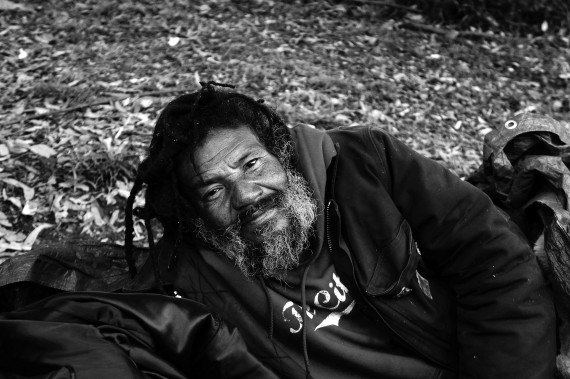WUSA Report About Natasha McKenna
In this news story, I push for Crisis Intervention Team training and Ron Honberg, the director of policy and legal affairs for the National Alliance on Mental Illness, asks the all important question: why was a woman with mental illness in jail rather than getting treatment. Thanks to WUSA Reporter Peggy Fox for being the only Washington D.C. television reporter who continues to focus a spotlight on this tragic story.

VOICES, a documentary film by Gary Tsai, MD.,
—tells three stories from the perspective of families and persons with mental illnesses. It’s gripping and well worth seeing when it begins being aired on PBS in May. I am enthusiastically recommending it. Like so many of us, psychiatrist Tsai has a personal reason for caring about our broken mental health system, which he explains on the film’s website.
As the son of a mother with schizophrenia, I’ve long felt that if everyone could view people living with mental illness the way that I viewed my mother, stigma would not possess the power that it does. Growing up, my mom was the most loving, kind, caring person I knew. But I also realized that like most people, she was also sometimes very angry and even frightening, particularly during the height of her paranoia and untreated psychosis. These seemingly conflicting perspectives informed my conceptualization of my mother from a very early age.
The reason why this was important was because rather than a black and white, all good or all bad view, I saw her and her mental illness for the grey, nuanced, complicated issue that it was. It often seems that the root of stigma thrives in environments devoid of open discussion and thoughtfulness, adhering to overly simplistic generalizations of what are usually complex issues. Nowhere is this truer than in the field of mental health, with the brain being the single most complex and least understood organ of our body.
As always, I was struck when watching the short promotional trailer at the wisdom that comes from persons whose minds often torment them. Such is the case with Thomas, one of three individuals profiled in the documentary, who says:
Because I suffer a lot. When you suffer, you must know to be kind.

Thomas
The documentary should help educate the public and for those of us who are painfully aware of the impact of these cruel illnesses, VOICES serves as a vivid reminder of why we must fight for improvements, why every human life matters, and why we must have hope.



